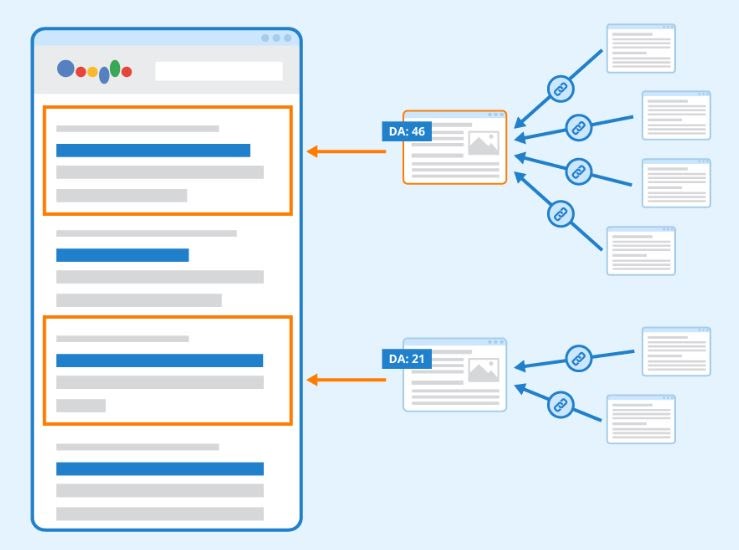In the fast-paced world of Search Engine Optimization (SEO), speed matters. Whether you're launching a new website, updating existing content, or trying to rank a fresh blog post, getting your URLs indexed quickly by search engines like Google is essential. Rapid URL indexing helps your content appear in search results sooner, giving you a competitive advantage. This article will explore how Seo Expert Rapid Url Indexer use rapid URL indexers, the benefits, and tips for accelerating your website’s visibility.
What is URL Indexing?
URL indexing is the process by which search engines discover, crawl, and add new pages to their database (index) so they can show them in search results. When a page is indexed, it becomes eligible to appear for relevant search queries. However, search engines don’t automatically discover new URLs right away. Delays in indexing can lead to missed traffic and reduced rankings.The Importance of Rapid URL Indexing
In the digital age, time is of the essence. Waiting days or even weeks for a search engine to index a new URL can mean missed opportunities, especially in competitive industries. SEO experts understand that getting indexed faster offers several key advantages:- Competitive Edge: Early indexing allows your content to compete for rankings sooner, especially for trending topics or breaking news.
- Improved Organic Traffic: The faster your URL is indexed, the faster you can begin receiving organic traffic from search engines.
- Revenue Growth: If you're running an eCommerce site, quick indexing can mean the difference between making or missing sales, especially during product launches or promotions.
What is a Rapid URL Indexer?
A rapid URL indexer is a tool or technique designed to accelerate the indexing process, ensuring that search engines notice and index your web pages as quickly as possible. These tools or strategies work by notifying search engines like Google or Bing that a new URL is available, prompting the search engine to crawl and index it sooner.Common Methods for Rapid URL Indexing
SEO experts employ a variety of methods to ensure URLs are indexed swiftly:1. Google Search Console:
Google Search Console (GSC) allows website owners to submit URLs for indexing manually. Simply enter the URL of the new or updated page into the URL inspection tool and request indexing. While this doesn’t guarantee instant indexing, it typically speeds up the process.2. Sitemaps:
Ensure that your website's XML sitemap is up to date and submitted to Google Search Console. A well-structured sitemap helps search engines understand the hierarchy of your website and prioritize new pages for crawling.3. Ping Search Engines:
Some SEO tools allow you to “ping” search engines, alerting them that new content is available. This sends a signal to search engines like Google, Yahoo, and Bing, prompting them to crawl the new URL.4. Backlinks and Social Signals:
Building high-quality backlinks from reputable websites can trigger search engines to crawl and index your URL faster. Additionally, sharing the new URL on social media platforms or bookmarking sites can generate engagement signals that encourage search engine bots to notice the page sooner.5. Rapid Indexing Tools:
Several third-party tools are available specifically designed to accelerate the URL indexing process. These tools submit URLs directly to Google’s indexing API, enhancing the speed of getting them indexed. Some popular tools for rapid indexing include:- IndexNow: A fast submission protocol used by Bing and Yandex to notify them when new content is available.
- InstantIndexer.io: A tool that automates the process of submitting URLs to Google for fast indexing.
- One Hour Indexing: As the name suggests, this tool aims to index URLs within an hour using a proprietary indexing technique.
Best Practices for Effective Indexing
Even with the right tools, there are a few best practices SEO experts follow to optimize the indexing process:- Create Fresh, Quality Content: Search engines prioritize unique, high-quality content. If your page offers valuable and well-researched information, it’s more likely to be indexed quickly.
- Optimize Internal Linking: Ensure that your new URLs are linked from other pages on your website. This signals to search engines that the page is part of your site’s structure.
- Avoid Duplicate Content: Pages with duplicated or thin content may take longer to index or be penalized. Always focus on delivering original and in-depth content.
- Fix Crawl Errors: Regularly check Google Search Console for crawl errors that might be preventing indexing. Fix any errors to improve the speed and effectiveness of search engine crawlers.
Measuring Indexing Success
After employing rapid indexing techniques, it’s essential to track your results. Tools like Google Search Console and Bing Webmaster Tools provide insights into which URLs are indexed, how quickly they were indexed, and any issues that may have arisen. Additionally, performing a manual Google search with the "site:" operator (e.g.,site:example.com/new-url) can help you confirm whether a specific URL has been indexed.


